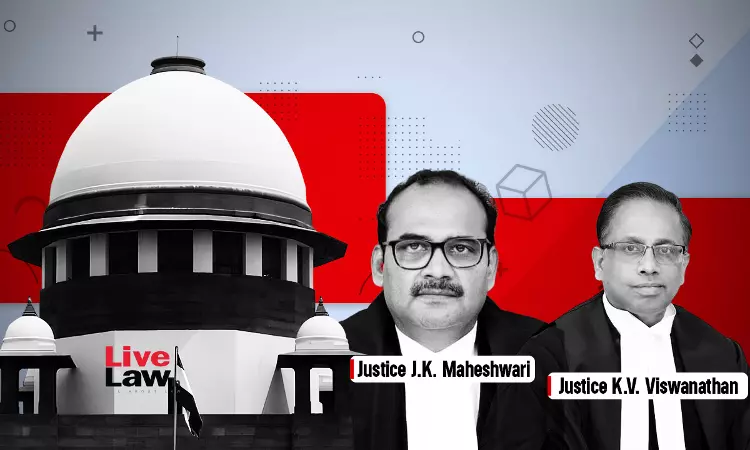Recently, a Division Bench of the Supreme Court, reiterated the established law on the doctrine of res judicata that has been recognized by this Court in several judgments. The Court opined:“The doctrine itself is based on public policy flowing from the age-old legal maxim interest reipublicae ut sit finis litium which means that in the interest of the State there should be an end to...

